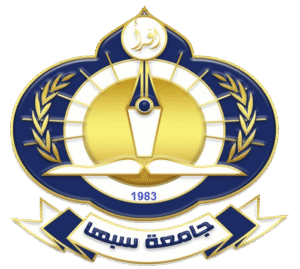About

Sebha University – The Leading Higher Education Institution in Southern Libya
Sebha University is the largest and most prominent public university in southern Libya, located in the city of Sebha, just a few kilometers from Sebha International Airport. Established as a branch of the University of Tripoli in 1976, the institution gained independence in 1983 by Decision No. 187, officially becoming Sebha University, with a mission to serve the academic and developmental needs of the southern Libyan region.
Over the years, the university has grown into a major center for higher education and research in Libya, currently comprising 22 faculties spread across the south and supported by seven specialized research centers. With more than 25,000 enrolled students, 1,300+ faculty members, and 3,500 administrative staff, Sebha University continues to play a vital role in advancing education and scientific knowledge in the country.
Academic Programs at Sebha University
Sebha University offers diverse undergraduate and postgraduate programs that meet national academic standards. Each faculty provides tailored curricula designed to equip students with the skills needed in today’s job market.
Undergraduate Programs
Faculties such as Arts, Science, Engineering, Agriculture, and Medicine offer Bachelor’s degrees in disciplines like:
-
Arabic Language and Islamic Studies
-
English Language and Literature
-
Civil and Electronic Engineering
-
Environmental and Food Sciences
-
Agricultural Economics and Soil Sciences
-
Medical Laboratory Sciences
-
Psychology and Geography
Postgraduate Studies (Master’s and Doctorate)
Postgraduate programs were launched in the 1990/1991 academic year. Today, the university offers 22 Master’s and Ph.D. programs across five main faculties:
-
Faculty of Arts: Arabic Language, Quranic Studies, History, Geography, Psychology, and more
-
Faculty of Science: Chemistry, Botany, Zoology, Physics, Computer Science, and Mathematics
-
Faculty of Engineering and Technical Sciences: Civil Engineering, Environmental Sciences, Food Technology
-
Faculty of Agriculture: Soil and Water Sciences, Agricultural Economics
-
Faculty of Energy and Mining Engineering: Renewable Energy in collaboration with the Tempus Program
Scientific Activities and Collaborations
Sebha University is actively engaged in organizing scientific conferences, research workshops, academic exhibitions, training courses, and student competitions. The university also participates in collaborative research and academic exchange programs with other Libyan and international universities, contributing to global scientific advancement.
Learn More About Sebha University
To explore detailed information about faculties, programs, admission requirements, research activities, and news, please visit the official university website: Click her
To learn more about Libyan universities and higher education programs in Libya, please click here: Explore Libyan Universities
